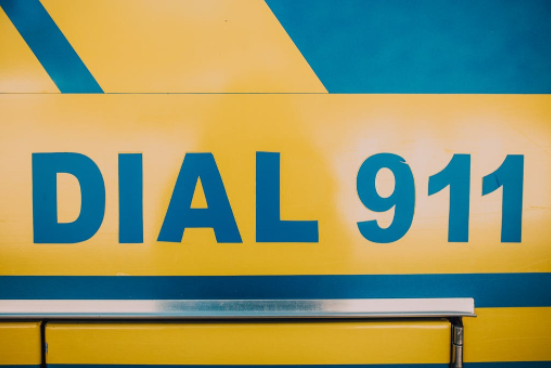
911 calls in Chicago, for the very first time, will be getting mental health emergencies as well! Some of the calls won't be answered by police officers but rather mental health professionals that are paired along with paramedics.
Mental Health Clinicians to Handle 911 Situations
According to abc7Chicago, in one program that is starting this fall, a paramedic will then be dispatched with a new mental health professional for "behavioral health calls." A paramedic will also be working with a "recovery specialist" on calls that involve substance abuse.
Mental health clinicians will then be on hand at the exact 911 center to help monitor situations. The question, however, is how well these new responders will be actually able to help de-escalate violence which can erupt during these calls.
Developing an 'Alternative Response' to Mental Health Problems
These new "alternative response" programs are now being launched amid the wide continuing debate over the actual role of police after the killing of George Floyd by a Minneapolis police officer that happened last spring. Floyd has reportedly been battling addiction and had also previously reported suffering from depression and even hearing voices.
A police officer, who is now convicted, placed his knee directly on Floyd's neck for about nine minutes in order to restrain him. This then made it impossible for him to breathe.
Action After the Death of George Floyd
All across the country, towns and cities have started rolling out programs to help better respond to mental health crises. Some actually use specially trained cops, others pair them along with mental health professionals and even a few localities have already removed police from calls altogether. With the George Floyd situation, there have been a number of misleading posts online adding to the confusion for some.
In Phoenix, a consortium of different nonprofit agencies that are led by the Solari Crisis and Human Services, have built a crisis line and mobile response unit. After a recent 30-day period, the system had been able to handle 20,000 calls and dispatched mobile crisis teams composed of a mental health clinician and a paraprofessional, not the police, about 2,200 times.
Read Also: Parkinson's Disease Could Be Halted by Dancing to Music
STAR and CAHOOTS
According to the story by The Washington Post, Denver's own one-year old STAR or Support Team Assisted Response program, which was modeled on CAHOOTS or Crisis Assistance Helping Out on the Street, has been able to divert 3% of 911 calls for assistance in the downtown area from police to the mobile crisis team during a trial six-month period. This was according to the evaluation that was released in January and the program has now been expanded.
Paul Pazen, the Denver Police Chief noted that their officers are now seeing the value in this and are now asking when they can get more STAR vans to help out. With more mental health respondents, the goal is to be able to mitigate situations that are in need of a mental health professional instead of a police officer.
Related Article: OLED TVs, Devices Helps Sleep Better and Lose Weight Than LEDs: Study
This article is owned by Tech Times
Written by Urian B.
ⓒ 2025 TECHTIMES.com All rights reserved. Do not reproduce without permission.




